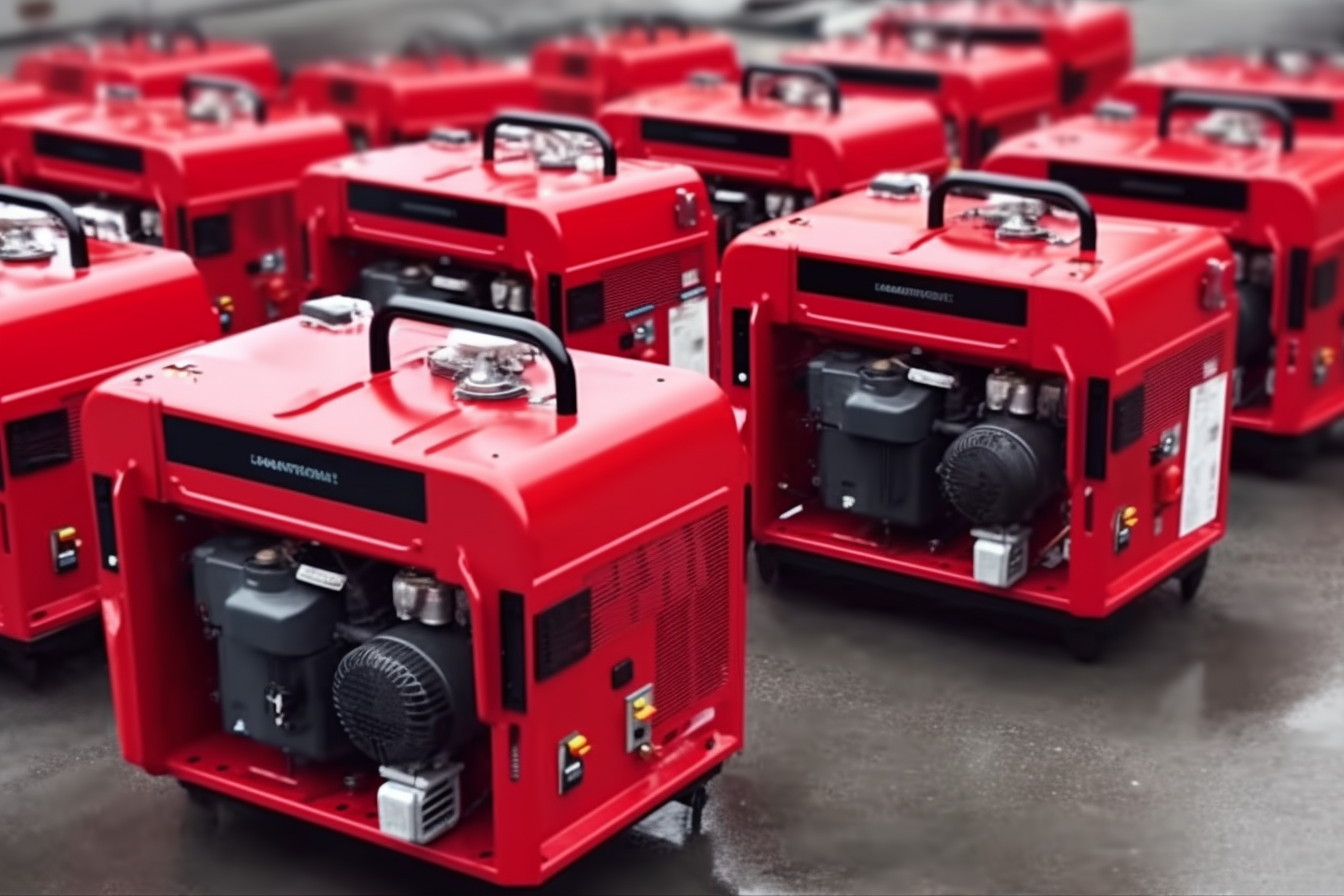Diesel Generator Maintenance and Operational Care Guide
Diesel generators serve as essential backup power sources for businesses, hospitals, data centers, and residential properties worldwide. Understanding proper maintenance procedures and operational requirements ensures these machines deliver reliable performance when needed most. Regular upkeep extends equipment lifespan, prevents costly breakdowns, and maintains optimal fuel efficiency throughout the generator's service life.

Learn More About Diesel Generator Maintenance and Care
Effective diesel generator maintenance involves systematic inspection of key components including the engine, cooling system, fuel system, and electrical connections. Daily maintenance checks should include monitoring fuel levels, coolant temperature, oil pressure, and battery voltage. Weekly tasks encompass inspecting air filters, checking for fluid leaks, and testing emergency shutdown systems.
Monthly maintenance requires more comprehensive procedures such as changing engine oil, replacing fuel filters, and testing the automatic transfer switch functionality. The cooling system needs regular attention including radiator cleaning, coolant level verification, and thermostat testing. Fuel system maintenance involves checking injectors, cleaning fuel tanks, and ensuring proper fuel quality through regular sampling and testing.
Guide to Understanding Diesel Generator Operation and Servicing
Diesel generators operate through a four-stroke combustion cycle where compressed air ignites diesel fuel to drive pistons and rotate the crankshaft. The alternator converts mechanical energy into electrical power while the governor system maintains consistent voltage and frequency output. Understanding this process helps operators identify potential issues before they escalate into major problems.
Servicing procedures vary based on generator size, usage patterns, and environmental conditions. Standby generators require different maintenance schedules compared to prime power units that operate continuously. Load bank testing should occur quarterly to verify the generator can handle its rated capacity. This process identifies potential issues with the engine, alternator, or control systems under actual operating conditions.
Tips on How to Perform Regular Checks and Upkeep for Diesel Generators
Implementing a structured maintenance schedule prevents unexpected failures and reduces long-term operating costs. Start each inspection by recording operating hours, fuel consumption, and any unusual sounds or vibrations. Check engine oil levels using the dipstick and examine the oil color and consistency for signs of contamination or degradation.
Inspect the cooling system by checking radiator fins for debris, verifying coolant levels, and testing the radiator cap pressure rating. Examine belts and hoses for cracks, fraying, or improper tension. Battery maintenance includes cleaning terminals, checking electrolyte levels in serviceable batteries, and testing voltage under load conditions.
Air filter inspection should occur monthly or more frequently in dusty environments. Clogged filters reduce engine performance and increase fuel consumption. Replace filters when dirt accumulation becomes visible or when differential pressure gauges indicate restriction. Keep spare filters, oil, coolant, and fuel filters in inventory for immediate replacement when needed.
Understanding Generator Sizing and Power Requirements
Proper generator sizing ensures adequate power delivery without overloading the engine or alternator. Calculate total electrical load by listing all essential equipment and their power requirements in kilowatts. Include starting surge requirements for motors, pumps, and other inductive loads that draw higher current during startup.
Generators operate most efficiently at 75-80% of their rated capacity. Undersized units may struggle during peak demand periods while oversized generators consume excessive fuel and experience wet stacking issues. Consult with electrical engineers or generator specialists to determine appropriate sizing for specific applications and local electrical codes.
Common Generator Problems and Troubleshooting
Fuel-related issues represent the most common generator problems including contaminated fuel, clogged filters, and air in fuel lines. Water contamination occurs through condensation in fuel tanks or poor fuel quality from suppliers. Install fuel polishing systems for generators with large fuel tanks or infrequent operation schedules.
Electrical problems often involve battery failure, corroded connections, or control panel malfunctions. Keep detailed maintenance logs documenting repairs, part replacements, and operating parameters. These records help identify recurring issues and support warranty claims when necessary.
| Generator Type | Typical Maintenance Cost (Annual) | Key Service Requirements |
|---|---|---|
| 20kW Residential | $500-800 | Bi-annual service, oil changes |
| 100kW Commercial | $2,000-3,500 | Quarterly inspections, load testing |
| 500kW Industrial | $8,000-12,000 | Monthly service, comprehensive testing |
Prices, rates, or cost estimates mentioned in this article are based on the latest available information but may change over time. Independent research is advised before making financial decisions.
Environmental Considerations and Compliance
Modern diesel generators must comply with emissions regulations including EPA Tier 4 standards for new equipment. Implement proper fuel storage procedures including secondary containment, spill prevention measures, and regular tank inspections. Many jurisdictions require permits for generator installation and operation, particularly for units exceeding specific power ratings or runtime limitations.
Diesel generators produce reliable backup power when properly maintained and operated according to manufacturer specifications. Regular maintenance schedules, quality fuel management, and proper sizing ensure optimal performance during critical power outages. Professional servicing combined with operator training creates a comprehensive approach to generator reliability and longevity.




